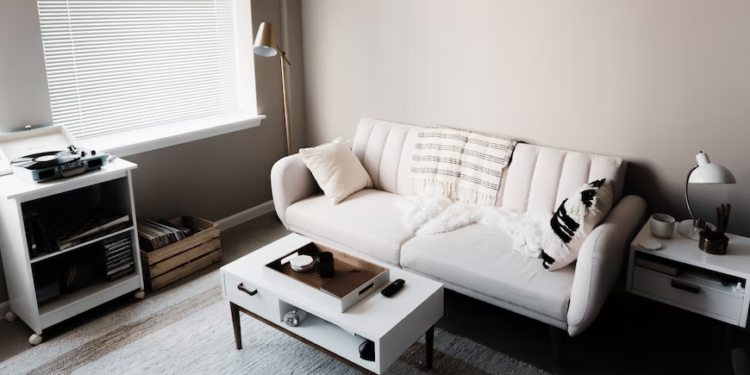Purchasing a home is one of the biggest financial decisions in your lifetime. It’s not something you want to rush into without doing your homework first. There are a lot of things you need to take into consideration when buying a home, such as your financial situation, your lifestyle, and your future plans. If you’re not prepared for the commitment, you could end up with regrets down the road.
Size
For some people, bigger is always better. They want a sprawling estate with plenty of rooms for entertaining, multiple guest bedrooms, and maybe even a pool. On the other hand, others prefer a cozier home that’s easy to keep clean and doesn’t require a lot of time and effort to maintain. The right size for you will depend on your lifestyle and needs. If you’re retired and don’t entertain much, a smaller home may be just fine. If you have a large family or frequently host parties and other events, you’ll probably need more space. Ultimately, it’s important to choose a home that’s the right size for your particular situation. Otherwise, you may end up feeling cramped and uncomfortable, or struggling to keep up with the upkeep of a larger home.
Location
The neighborhood you choose will have a big impact on your quality of life, so it’s important to do your research before making a decision. Take into account things like the surrounding environment, the schools in the area, and the commute to your job and make sure you visit the neighborhood at different times of day to get a feel for the community.
If you have young children, you may want to buy a home that is close to good schools, or if you don’t drive, you may want to buy a home that is close to public transportation. You should then contact a buyers agent to help you find a suitable neighborhood for you.
Condition of the Home
A home in need of significant repairs can be a financial burden, whereas a home that has already been updated may be more comfortable to live in. However, it is important to weigh the cost of repairs against the value of the property. A fixer-upper may be a great deal if the price is right, but it is also worth considering whether the repairs are something you are willing and able to take on.
Just because a house has been on the market for a while doesn’t mean it’s a bargain, in fact, it could end up being quite the opposite if the previous owners did little in terms of upkeep over the years. Before making an offer on any property, be sure to factor in the cost of any necessary repairs or renovations into your budget, otherwise, you could find yourself overwhelmed and broke very quickly after moving in.
Closing Costs
In addition to the purchase price, there are also closing costs, which can add up quickly. These costs include fees for things like loan origination, title insurance, and property taxes. They can vary widely depending on the price of the home and the location, so it’s important to get an estimate of how much they’ll be before you make an offer. You should get a trusted buyer’s agent to explain to you every cost you’ll incur when buying your home.
Otherwise, you could find yourself in over your head financially. Fortunately, there are plenty of resources available to help you get an accurate estimate of closing costs. With a little research, you can be sure that you’re prepared for this important aspect of buying a home.
Purchasing a house is a huge decision, probably one of the biggest you’ll ever make in your lifetime. It’s important to go into it with your eyes wide open and fully informed about all of the potential risks and rewards involved. By taking some time to really think about things like location, size, and move-in readiness before making an offer on a property, you can help ensure that you end up in a house that truly feels like home sweet home.







